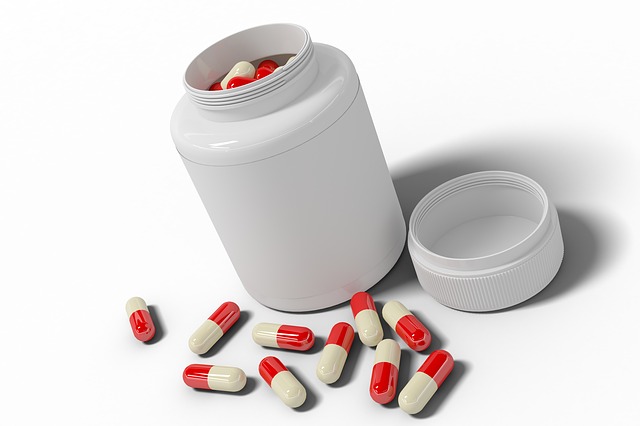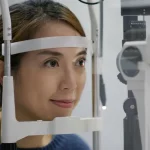
Image Credit: Pixabay
Although it is everyone’s dream to stay young forever, it is almost impossible to fight the natural and inevitable process of aging. Well, there has been a wide range of scientific breakthroughs in this context. However, a bigger percentage of them have been completely shunned due to mixed results and many are still in progress.
One of the recent supplements claimed to reverse aging is collagen. So, can collagen supplements reverse aging?
Well, before we delve deeper into this, let’s understand what collagen is.
What is Collagen?
Collagen is the main structural protein in the body and accounts for about 75 percent of the dry weight of human skin. It plays a big role in bone and tissue health. For instance, it provides the scaffolding for the body’s hard structures like teeth, bones, cartilage, viscera, and other organs. Additionally, it holds moisture to keep the body’s tissues firm and protects the skin against harmful ultraviolet radiations.
Generally, synthesis of collagen in the body begins to decline at the age of 30, which results in thin, dry, sagging skin, weak joints and bones, and slow healing among other effects. Certain lifestyle factors can also lower collagen production, including sun exposure, alcohol, and smoking.
Collagen vs. Aging
So, how does Collagen reduce aging?
Well, the main thinking behind Collagen supplements is that they can boost the amount of Collagen in the body to reverse its decline. Researchers suggest that by taking Collagen supplements, you increase the amount of hydrolyzed Collagen in your blood, which in turn tricks the body that there is some damage in the body that need to be fixed. So, the body responds by producing more collagen to repair the damage.
This means that Collagen supplement in itself doesn’t reverse or reduce aging but only provides the building blocks for your body to manufacture its own collagen. Other experts also posit that Collagen supplements stimulate the release of growth factors, which have a reparative effect.
There are several anecdotal studies that support the use of Collagen for the skin but only a few are worth mentioning:
- A Germany-based double-blind study investigated the effects of 2.5-5 grams of animal-derived Collagen in women between the ages of 35-65 over 8 weeks. The participants who received the supplements showed improved skin elasticity, moisture, evenness, and reduced trans-epidermal water loss compared to the placebo. Participants aged between 45-65 also showed reduced eye wrinkle volume of about 20-50 percent.
- In another placebo-controlled double-blind clinical study, women between ages 24 and 50 with average cellulite who took 2.5 Collagen peptides for 6 months showed a significant decline in cellulite and skin waviness compared to their counterparts who took a placebo.
However, some researchers have also refuted these studies, stating that they don’t take into considerations factors like stress, hormonal fluctuations, and lifestyle factors like sunlight exposure and alcohol or smoking. Other dermatologists have also suggested that oral consumption of Collagen supplements can also produce very negligible effects in reducing aging and in case they do, it will be temporary.
The dermatologists argue that orally-taken Collagen supplements cannot have a targeted effect on areas where the aging process is common like hands, neck, and décolletage. Besides, considering that Collagen supplements are mostly derived from animals, they may have other serious side-effects when administered to human beings.
Bottom-line
So, can Collagen supplements reduce aging? Well, as you have seen from our discussion above, more research still needs to be done to establish whether the supplements really reverse aging. Still, many dermatologists have confirmed that Collagen-based creams and serums are not bad for the skin and can be great moisturizers even if they don’t have a role in collagen production.
Now, when it comes to Collagen supplements and aging, we can deduce one thing: it might not be enough to pop the supplements, especially if you are looking for faster results. You should also be ready to take vitamin C, vegetables and fruits such as cabbage, carrots, and red fruits, which are known to boost the natural production of collagen in the body. Lifestyle changes like quitting smoking, eating a balanced diet, and reducing stress can also promote natural Collagen production. Finally, when you opt for Collagen supplements, endeavor to source them from reputable suppliers or distributors. Site: amazon.com collagen powder category, for instance, is a good place to begin your search.
About The Author:
Stacey Smith is a freelance health writer. She is passionate to write about women’s health, dental health, diabetes, endocrinology and nutrition and provide in-depth features on the latest in health news for medical clinics and health magazines.




